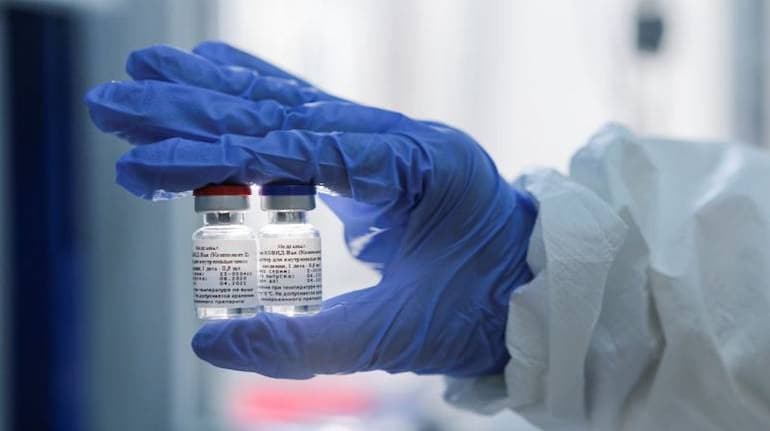



China National Biotec Group Co. (CNBG), a leading vaccine developer has sought authorisation to bring its COVID-19 candidate to the market, Bloomberg has reported.
The Bloomberg report cites Shi Shengyi, the vice general manager of Sinopharm – CNBG’s parent company – as saying that an application in this regard was submitted to Chinese regulators on November 25. The application is likely to include data from the phase-3 clinical trials that were conducted in the Middle East and South America.
Follow our LIVE blog for the latest updates on COVIDCNBG, Sinopharm Group and China’s drug regulator, the National Medical Products Administration, did not immediately confirm this development.
This would make CNBG the first drugmaker outside Russia to seek general use authorisation for its vaccine candidate against COVID-19, the disease caused by the novel coronavirus.
The move is being seen as an attempt to challenge rivals from the United States and the United Kingdom as the race to develop a vaccine against COVID-19 heats up. Western vaccine developers such as Pfizer, Moderna and AstraZeneca are yet to formally seek emergency use authorisation from regulators.
COVID-19 Vaccine Watch: What you need to know about manufacturing and pricingCNBG had said its phase-3 human trials involved more than 50,000 people in countries such as Argentina to Egypt and had progressed smoothly. It had also said there had been no serious adverse events. However, unlike its Western rivals, CNBG is yet to release phase-3 efficacy data of its vaccine candidate. Thus, it remains unclear how quickly will the shot be approved by the Chinese regulators.
The news report suggests CNBG has signed supply agreements with multiple countries including Malaysia, Brazil, Pakistan and the United Arab Emirates (UAE).
Moneycontrol’s full coverage of the coronavirus pandemicMore than 5.9 crore people have been infected by the disease so far leading to over 14 lakh deaths. While the number of new COVID-19 cases being reported has fallen in some countries, others fear a second wave of infections. Rapid and effect inoculation is being seen as the only way to end the pandemic.
Yet, despite vaccines having not been approved, they are already in widespread use. Hundreds of thousands of people in China are believed to have been inoculated under an emergency-use program, leading to concerns in the scientific community.
Also read: Unproven COVID-19 vaccine? No problem in China, where people are scrambling for shotsDiscover the latest Business News, Sensex, and Nifty updates. Obtain Personal Finance insights, tax queries, and expert opinions on Moneycontrol or download the Moneycontrol App to stay updated!
Find the best of Al News in one place, specially curated for you every weekend.
Stay on top of the latest tech trends and biggest startup news.